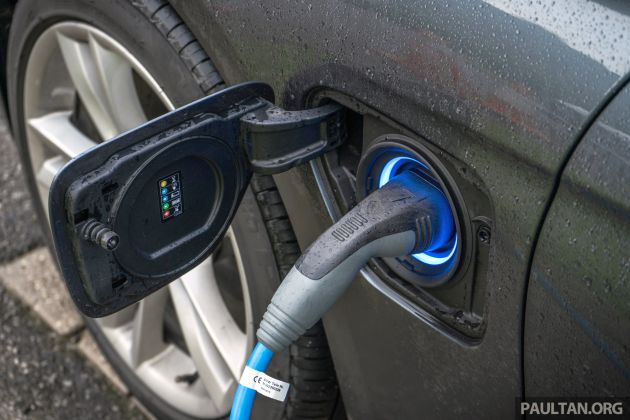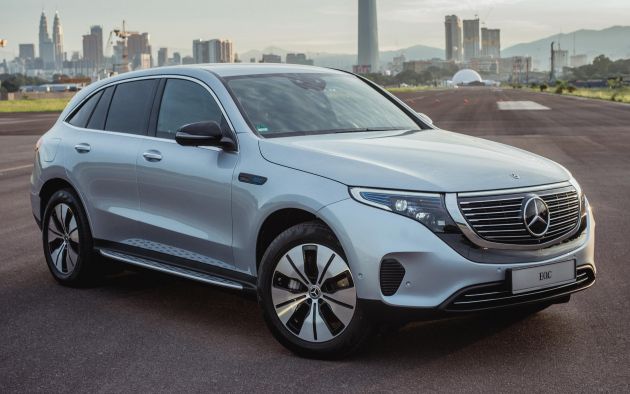The government of Thailand has brought forward the target date for all electric vehicles sold in the country to be produced locally by 2035, which is five years earlier than had been originally planned, according to Bangkok Post.
The request by the private sector in Thailand to hasten electrified vehicle production in the country was approved earlier this week by the National New Generation Vehicle Committee that is chaired by the country’s deputy prime minister and minister of energy, Supattanapong Punmeechaow.
As part of its expediting of electrification, the committee also set a goal to have 50% of electrified vehicles in the country to be made locally by 2030, according to the report. “We also need to accelerate the use and demand of electric motorcycles in a bid to meet that high target,” Supattanapong said.
In terms of timeline, the plan is for Thailand to produce 1.051 million electrified vehicles by 2025, and this is to comprise of 400,000 cars and pick-up trucks, 620,000 motorcycles and 31,000 buses and trucks, according to Federations of Thai Industries (FTI) president Supant Mongkolsuthree.
These are meant to increase to 6.22 million electrified vehicles by 2030, which is to be comprised of 2.93 million cars and pick-up trucks, 3.13 million motorycles and 156,000 buses and trucks. By 2035, the targeted growth in population of electrified vehicles is to total 18.41 million, comprised of 8.62 million cars and pick-up trucks, 9.33 million motorcycles and 458,000 buses and trucks, said the report.
The committes aims for the production of electrified vehicles to be realised as actual usage, and therefore has also set targets for increasing demand for local usage. Its goal is for 1.05 million electrified vehicles to be on Thai roads by 2025, which is to be comprised of 402,000 cars and pick-up trucks, 622,000 motorcycles and 31,000 buses and trucks.
The figures for 2030 are expected to grow to 5.41 million electrified vehicles, comprised of 2.05 million cars and pick-up trucks, 3.2 million motorcycles and 160,000 buses and trucks on Thai roads by then. By 2035, the targeted total of electrified vehicles on roads is 15.58 million, comprised of 6.4 million cars and pick-up trucks, 8.75 million motorcycles and 430,000 buses and trucks, according to the report.
An establishment of four sub-committees was also approved by the committee, and these will coordinate research into matters such as EV infrastructure, privileges and taxes, along with the development of an ecosystem suitable for EV production sites, the Bangkok Post wrote.
Of the four, the first will be charged with the promotion of electrified vehicles and parts, while the second will be responsible for the development of infrastructure and batteries. The third will be tasked with evaluating the impact of electric vehicles on petrol use and on greenhouse gases, and the fourth will hand public relations and encourage users to makes the change to adopting electric vehicles.
The committee meeting was held to expedite Thailand’s plan of becoming a production hub for electrified vehicles, said deputy CEO of Energy Absolute Amorn Sapthaweekul, adding that “the plan has produced good progress so far”. The measures include improving tax benefits for manufacturers and consumers, exclusive parking spaces for electrified vehicles and the provision of charging locations across the country.
The post Thailand aims to have all electrified vehicles sold in the country be locally assembled by 2035 – report appeared first on Paul Tan's Automotive News.




0 Comments